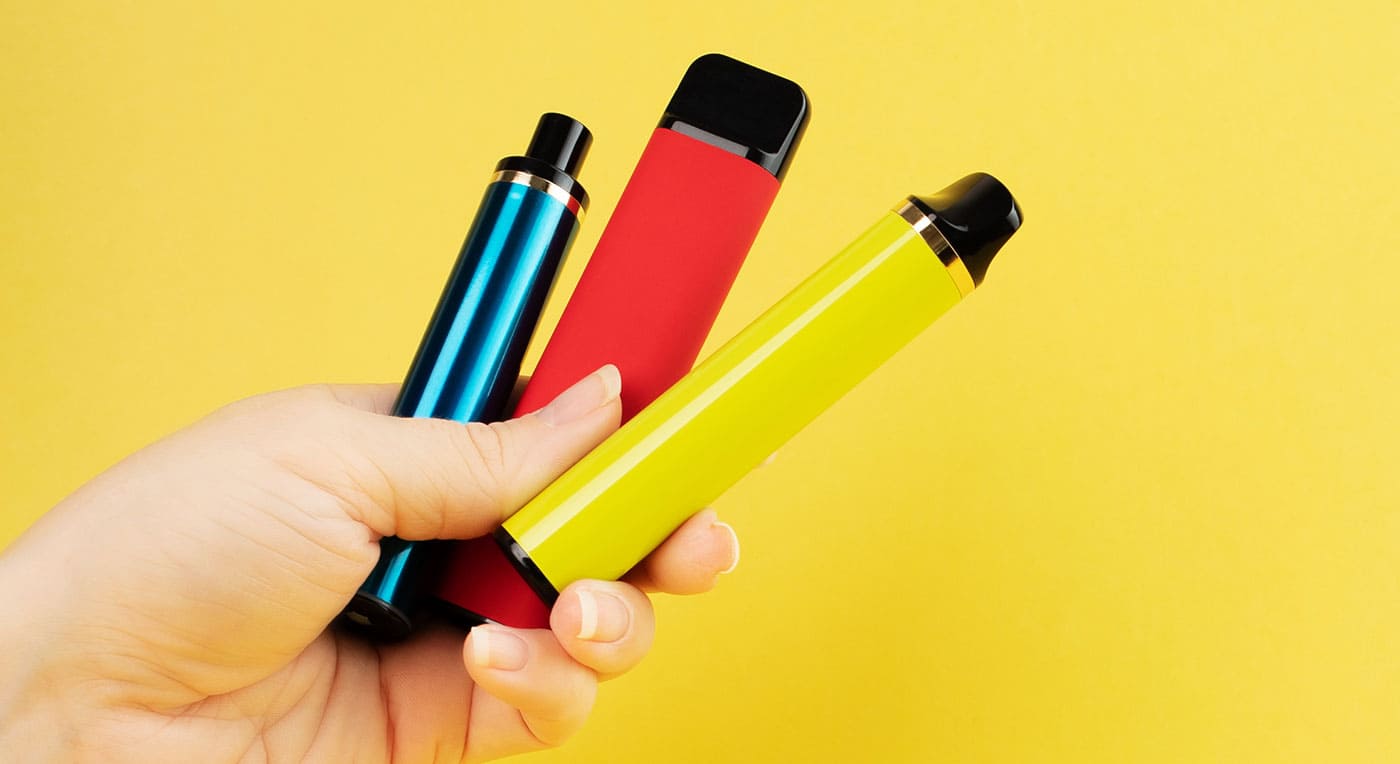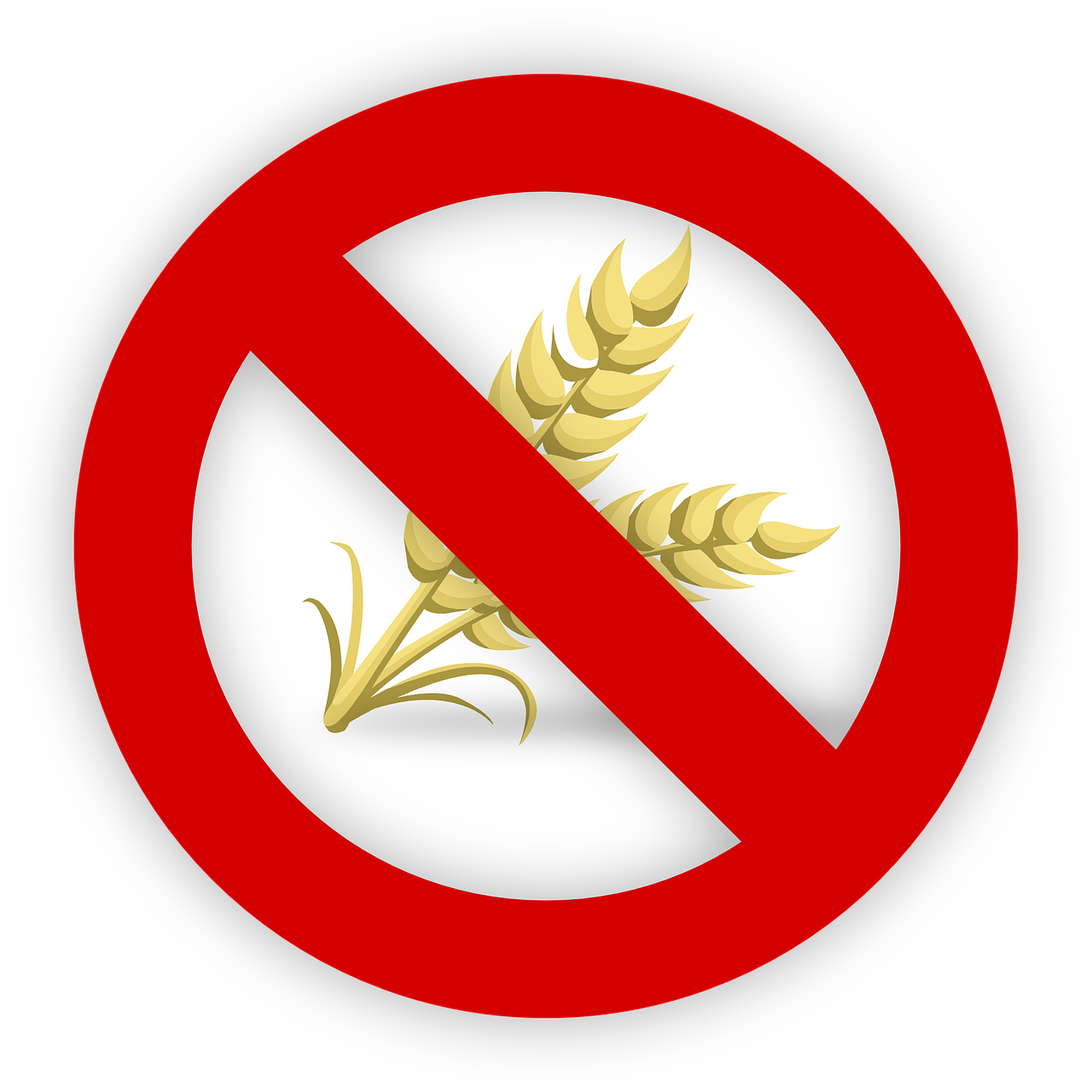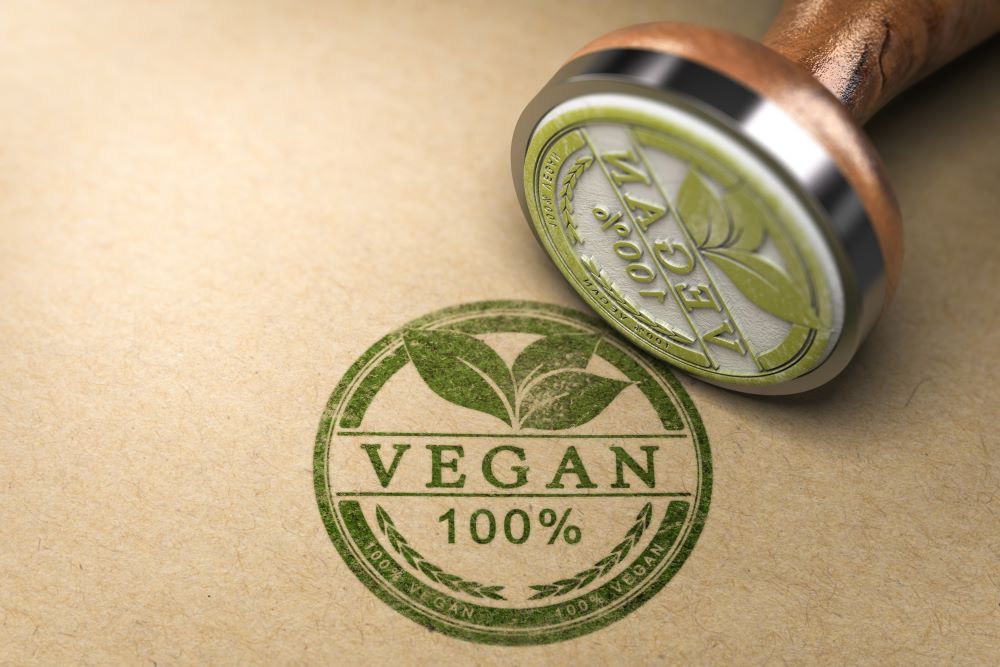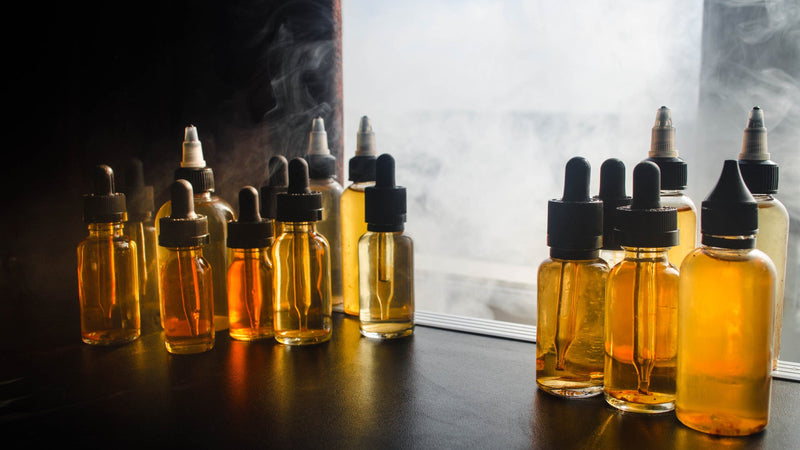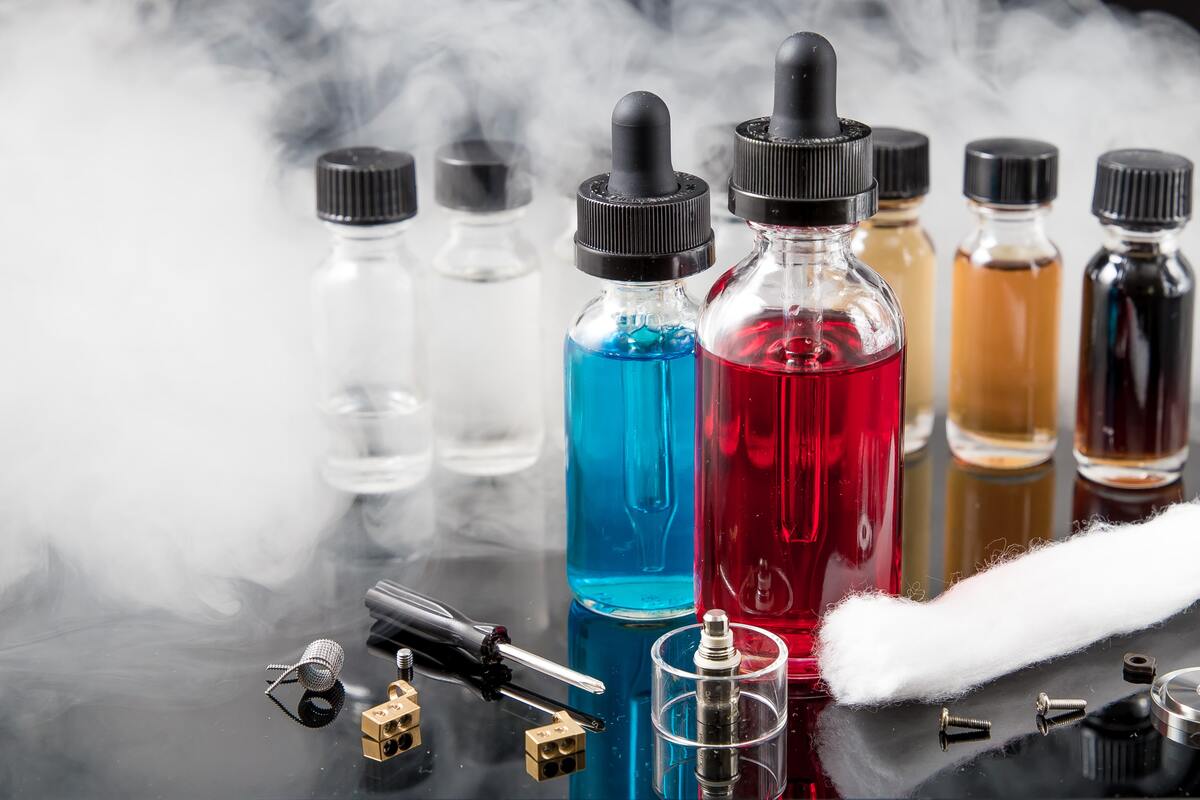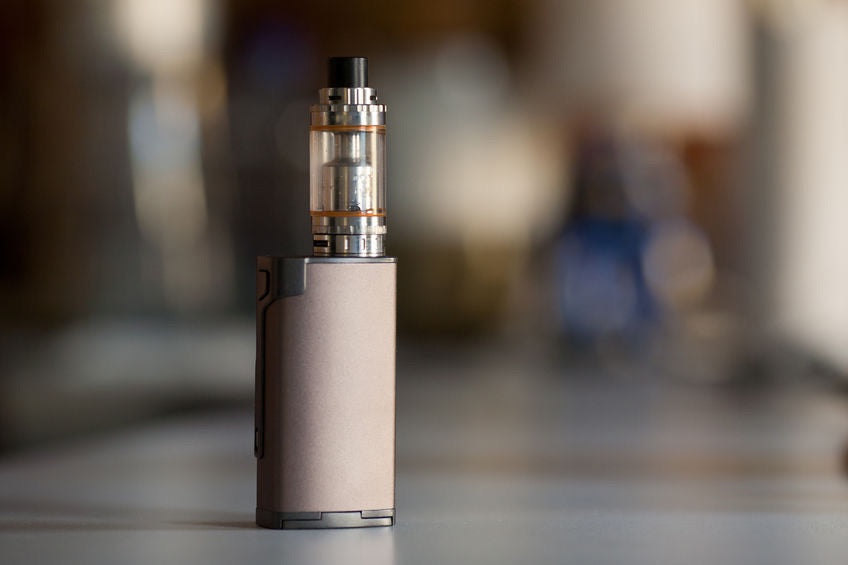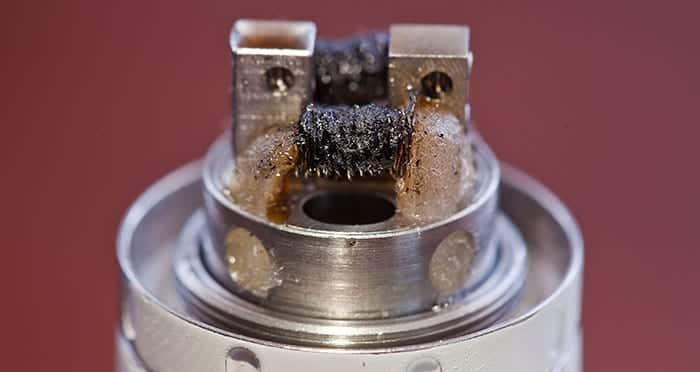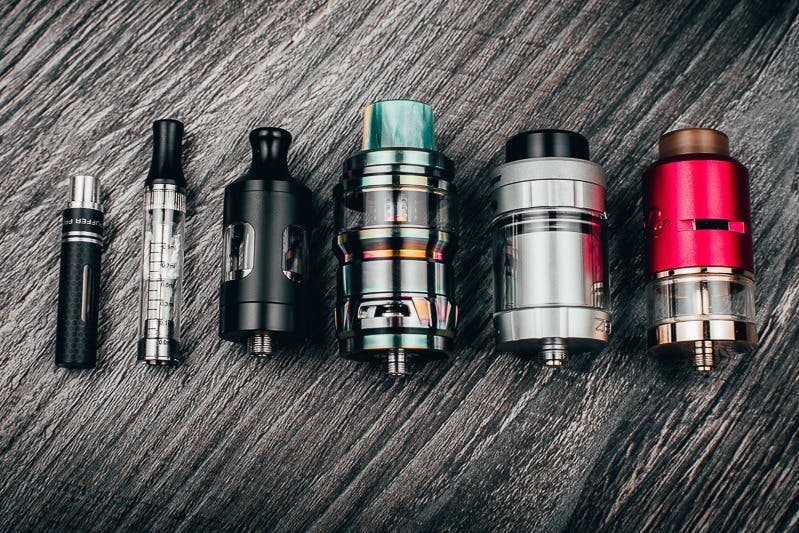Vaping has become a prominent contender in the cannabis industry, offering a seemingly modern and sophisticated approach to nicotine consumption. However, amidst the allure of flavoured clouds and sleek devices, a question arises – what about the caloric content of vaping? In this extensive discourse, we embark on a comprehensive journey through the intricacies of vaping and its potential ramifications on your dietary habits. Prepare to unravel the mystery as we navigate through the fascinating confluence of calories and vapours.
The Intricacies Of Calories in a Vape
Attempting to fathom the concept of calories within the vaping market requires an in-depth understanding of the constituents of e-liquids. Central to this exploration is vegetable glycerin (VG), a prevalent element in vape liquids, known to harbor caloric value. The precise caloric quantum, however, is contingent upon the concentration of VG in the e-juice. As a rudimentary estimation, a solitary puff equates to a mere 0.05 calories, and a 10ml reservoir of vape liquid may harbour approximately 50 calories, contingent upon the VG concentration.
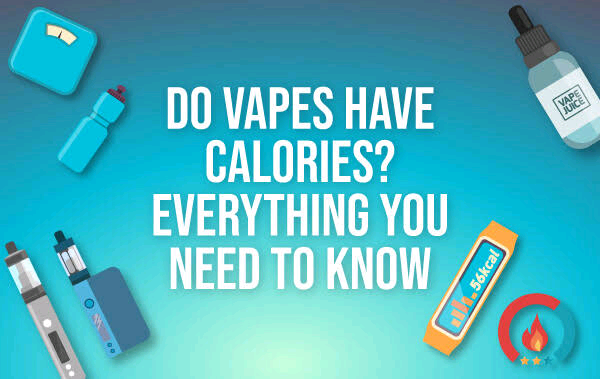
The Caloric Reality of Vaping
A prevailing misconception demands clarification – do individuals genuinely accrue calories through vaping? The affirmative response reveals that all e-liquids encompass a nominal caloric footprint, approximating 4 calories per gram. It is crucial, however, to dispel any misconception that these calories find absorption through the act of vaping. Drawing a clear distinction, inhaling vapour from an e-cigarette does not equate to the caloric intake experienced through traditional dietary means.
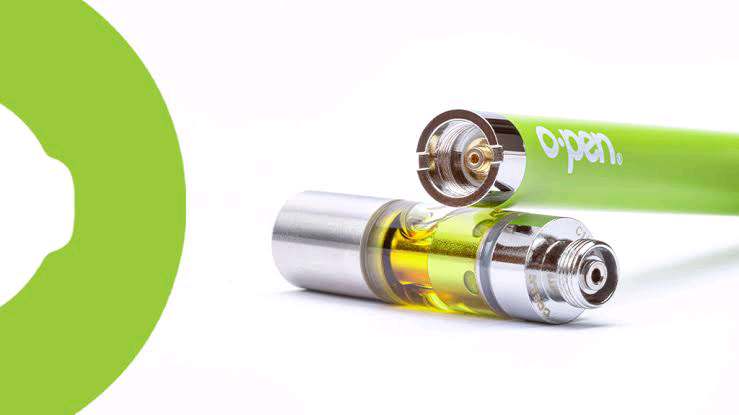
Quantifying the Caloric Essence of a Puff
Delving into the minutiae of vaping caloric metrics unveils the ephemeral nature of caloric impact per puff. A singular inhalation of vapour bequeaths an inconsequential caloric infusion, hovering around 0.05 calories. This diminutive caloric content emanates from the juxtaposition of approximately 100 puffs per millilitre of e-liquid, with each millilitre encapsulating an estimated 5 calories.
Appetite Suppression in Vaping
Contrary to the prevalent stereotype of weight gain through vaping, emerging research from the annals of 2021 sheds light on nicotine's role as an appetite suppressant. The revelation suggests that individuals who partake in nicotine-laden vapes may experience diminished hunger, reduced food intake, and ultimately, a decline in overall body weight. This unexpected twist in the narrative challenges the conventional wisdom surrounding vaping's dietary impact.
As we navigate the corridors of the vaping landscape, the confluence of calories and vapours presents a nuanced and intriguing tapestry. While minimal calories punctuate the composition of vape juice, the juxtaposition of nicotine's appetite-suppressant effects introduces a unique dynamic. Thus, the act of vaping need not be fraught with dietary guilt, and each puff, akin to sips from a can of soda, contributes only a fraction to the broader caloric spectrum. In the kaleidoscope of vaping, let enjoyment prevail, and revel in the knowledge that the calories within each plume are mere vestiges in the grandeur of the vaping experience.
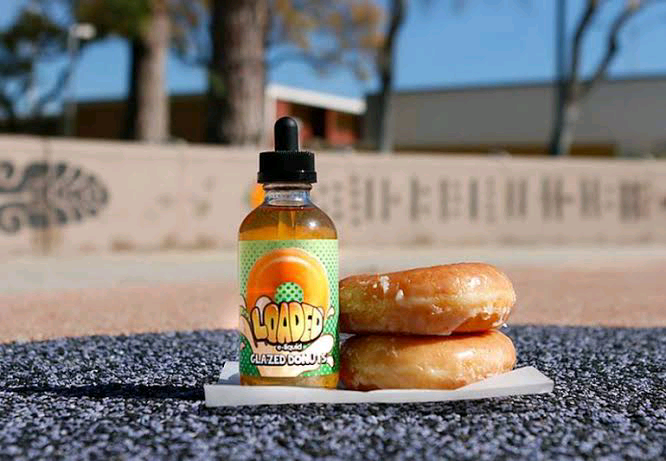
Reflections on the Dietary Impact of Vaping
To further elucidate the dietary impact of vaping, it is imperative to consider the broader implications on body weight and metabolism. The interplay between nicotine, as a central component in many vape liquids, and its influence on appetite regulation necessitates a deeper exploration. Understanding the potential connection between vaping and weight management unveils a multifaceted relationship that extends beyond the caloric nuances.
Addressing Common Concerns
Vaping, Appetite, and Weight Fluctuations: Anecdotal evidence often links vaping to fluctuations in appetite and subsequent weight changes. Clarifying this association involves scrutinizing the intricacies of nicotine's effects on the body. While nicotine itself does not contribute to caloric intake, its stimulant properties can influence metabolism and appetite. Individuals experiencing a decrease in appetite may find themselves consuming fewer calories, potentially resulting in weight loss. Conversely, those using vaping as a smoking cessation aid might encounter an increased appetite during the transition, leading to weight gain.
The Role of Vape Juice Composition: Sweeteners and Caloric Variability: Beyond nicotine and VG, the composition of vape juice plays a pivotal role in the overall caloric equation. Vape juices incorporating sweeteners may introduce an additional layer of caloric variability. While the calories derived from sweeteners are generally minimal, their presence underscores the importance of scrutinizing the complete makeup of e-liquids. Choosing vape juices with a conscious awareness of their ingredients empowers users to make informed decisions aligning with their dietary objectives.
Vaping and Weight Management
In navigating the discourse surrounding vaping and weight management, it becomes evident that the relationship is complex and influenced by various factors. The myth of vaping directly causing weight gain or loss requires nuanced consideration. While nicotine's appetite-suppressant qualities can contribute to weight loss for some individuals, other factors, such as personal habits, lifestyle, and overall dietary choices, contribute significantly to the equation.
Vaping and Dietary Preferences
Navigating Unique Paths: For individuals with specific dietary preferences or restrictions, understanding the compatibility of vaping with various lifestyles becomes paramount. Vaping, with its minimal caloric impact, offers a potential avenue for those seeking alternatives to traditional smoking without compromising dietary objectives. Navigating this unique path involves a conscientious approach to vape juice selection, acknowledging individual health goals, and aligning choices with broader dietary preferences.
Conclusion

As we navigate the labyrinthine corridors of the vaping landscape, the confluence of calories and vapours presents a nuanced and intriguing tapestry. While minimal calories punctuate the composition of vape juice, the juxtaposition of nicotine's appetite-suppressant effects introduces a unique dynamic. Thus, the act of vaping need not be fraught with dietary guilt, and each puff, akin to sips from a can of soda, contributes only a fraction to the broader caloric spectrum. In the kaleidoscope of vaping, let enjoyment prevail, and revel in the knowledge that the calories within each plume are mere vestiges in the grandeur of the vaping experience. The dietary impact of vaping extends beyond the caloric metrics, weaving a narrative that intertwines with personal habits, lifestyle choices, and the multifaceted nature of individual well-being.
FAQ
Q1: How many calories are in a single puff of vape?
A1: A puff of vape contains approximately 0.05 calories. This minimal amount stems from the fact that there are about 100 puffs per millilitre of e-liquid, with each millilitre carrying around 5 calories.
Q2: Do you gain calories from vaping?
A2: Yes, e-liquids do contain a small amount of calories, approximately 4 calories per gram. However, it's crucial to note that these calories cannot be absorbed through vaping. The only way to absorb calories is through traditional eating or drinking.
Q3: Does nicotine in vapes contribute to weight loss or gain?
A3: Recent research suggests that nicotine, a common component in vapes, acts as an appetite suppressant. Consequently, individuals who use nicotine-laden vapes may experience reduced hunger, lower food intake, and potential weight loss. However, the relationship between vaping, nicotine, and weight management is complex and varies among individuals.
Q4: Can you absorb calories from inhaling vapour?
A4: The scientific community has yet to determine whether the human body can absorb calories through the lungs when vaping. Currently, there's a chance that no calories are absorbed through vaping, suggesting that concerns about increased caloric intake from vaping might be unfounded.
Q5: How does the composition of vape juice impact caloric content?
A5: The primary components, such as vegetable glycerin (VG) and nicotine, contribute to the caloric content of vape juice. Additionally, the inclusion of sweeteners may introduce a layer of caloric variability. While these calories are generally minimal, users should be mindful of the complete makeup of e-liquids when considering dietary objectives.
Q6: Does vaping have a direct impact on weight management?
A6: The relationship between vaping and weight management is intricate and influenced by various factors. While nicotine's appetite-suppressant qualities can contribute to weight loss for some individuals, other factors like personal habits, lifestyle, and overall dietary choices play a significant role in the equation.
Q7: Can you vape while fasting without impacting the fast?
A7: In a larger sense, yes, you can vape while fasting, as vape liquids contain only minimal traces of calories. However, for strict "dry" or zero-calorie fasting, caution might be necessary as the lungs absorb whatever energy is in the inhaled vapours.
Q8: How does vaping align with specific dietary preferences or restrictions?
A8: Vaping, with its minimal caloric impact, offers a potential avenue for individuals with specific dietary preferences or restrictions. Choosing vape juices consciously, considering individual health goals, and aligning choices with broader dietary preferences are crucial in navigating this unique path.
Q9: Does vaping break a fast in the context of weight loss or dietary plans?
A9: In most cases, a simple vaping session won't break a fast or harm weight loss efforts. However, for strictly "dry" or zero-calorie fasting, it may be advisable to avoid vaping, as the energy inhaled through the vapours could impact the fast.
Q10: How do the caloric implications of vaping compare to traditional smoking?
A10: Vaping generally introduces minimal calories compared to traditional smoking, where the combustion process may release additional byproducts. However, it's essential to consider the broader health implications when comparing the two practices.







